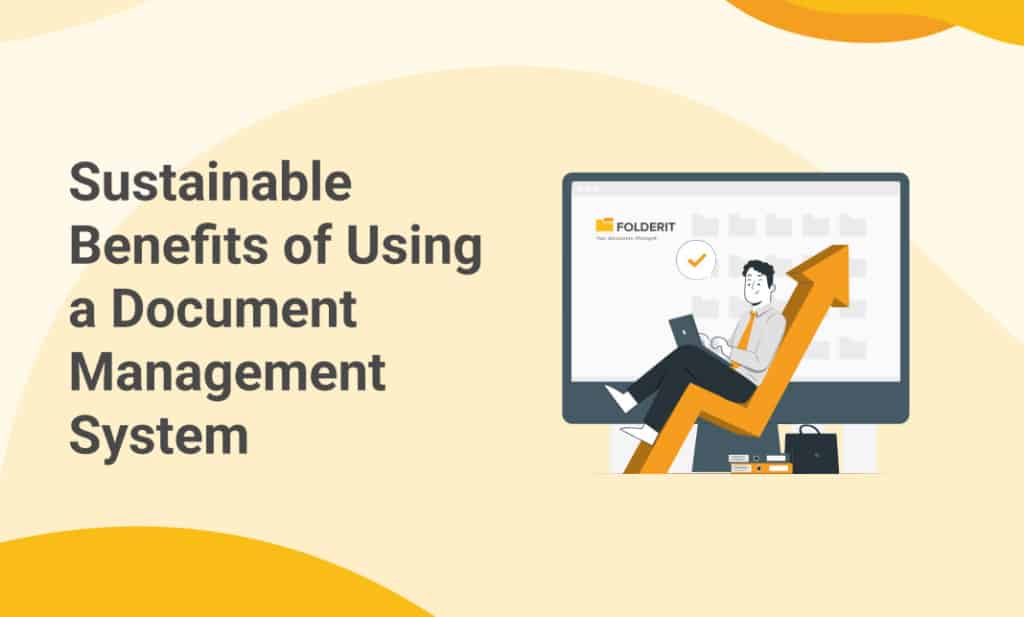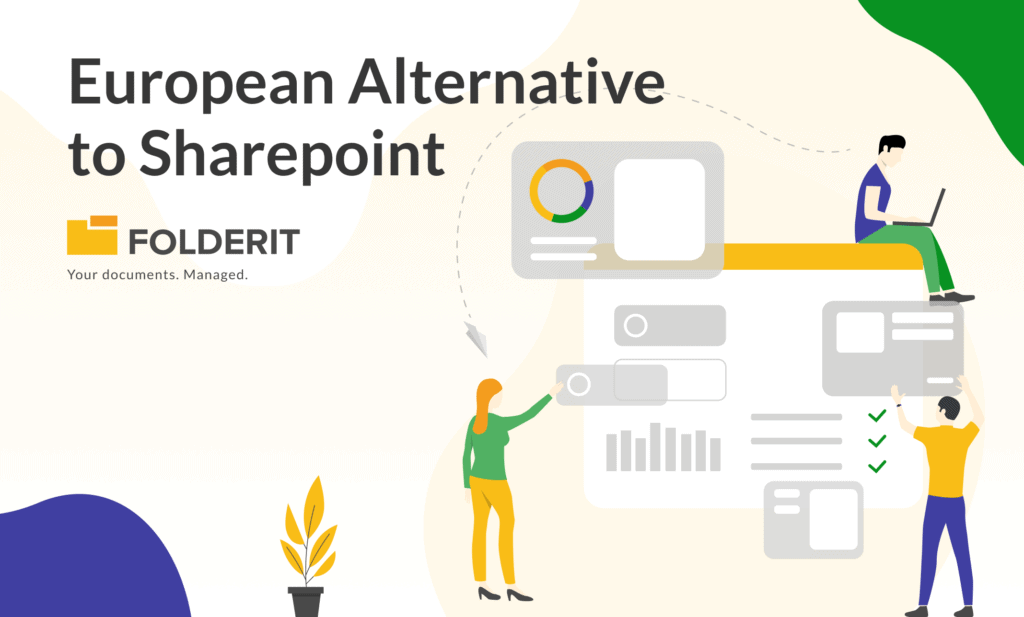In an era where sustainability and efficiency are more in the spotlight than ever, businesses are constantly on the lookout for solutions that offer both. Enter Document Management Systems (DMS). These systems not only streamline operations and reduce costs but also champion environmental sustainability.
Cost-Efficiency and Profitability
Money saved is money earned, and with a DMS, the savings are substantial.
Immediate Overhead Reductions
According to CPA Practice Advisor, adopting an Electronic Document Management (EDM) system can slash overhead costs by a whopping 30% to 40%. This significant reduction directly boosts profitability and growth.
Per Document Savings
Imagine saving between $1 to $5 for every single document processed. That’s the reality for businesses using a DMS, translating to considerable annual savings, especially for document-heavy sectors.
Boosted Operational Efficiency
Time is of the essence in today’s fast-paced business world. A DMS ensures you make the most of it.
Reduced Operational Expenses
A DMS doesn’t just save money; it saves time. There’s a reported 10% dip in overall operational expenses linked to document processing when a DMS is in play. This efficiency ensures employees focus on tasks that truly matter.
Drastic Error Reduction
Mistakes happen, but they don’t have to. With a 30% reduction in data entry errors reported by DMS users, accuracy becomes the norm rather than the exception.
Environmental Sustainability: More Than Just a Buzzword
In a world grappling with environmental challenges, every paper saved counts.
The Move to a Paperless Office
A significant reduction in paper usage means fewer trees felled for paper production. But the benefits don’t stop there. Less paper also means reduced energy consumption in production and waste management.
Broader Implications of a Paperless Strategy
Beyond the immediate office environment, the ripple effects of a paperless strategy are vast and far-reaching.
Carbon Footprint Reduction
Every sheet of paper produced has a carbon footprint. From the energy consumed in tree logging to the transportation and manufacturing processes, it all adds up. By reducing paper usage, businesses can significantly lower their carbon emissions, contributing to a healthier planet.
Waste Management and Landfills
Paper waste constitutes a significant portion of office waste. By transitioning to a DMS, businesses can drastically reduce the volume of waste they send to landfills. This not only conserves space but also reduces the environmental hazards associated with landfills, such as methane emissions.
Enhancing Compliance and Reducing Risk
In the modern regulatory landscape, staying compliant isn’t just good ethics; it’s good business.
One often-overlooked benefit of a Document Management System (DMS) is its role in ensuring compliance with various legal and industry standards. Whether it’s GDPR, HIPAA, or any other regulatory framework, non-compliance can result in hefty fines and damaged reputations.
A DMS offers robust security measures, access controls, and audit trails, ensuring that sensitive documents are handled with the utmost care. By automating compliance processes and maintaining a clear record of who has accessed what and when, a DMS makes compliance not only achievable but manageable.
Building Trust with Compliance
This strategic approach doesn’t just avoid penalties; it builds trust with stakeholders and positions the business as a responsible entity in the eyes of regulators and customers alike. In a world where data breaches and privacy concerns are ever-present, leveraging a DMS for compliance is both a defensive strategy and a proactive approach to responsible business conduct. It’s another way that implementing a DMS aligns not just with a company’s bottom line but with the broader expectations of society.
The Future of Document Management Systems
As businesses become more conscious of their environmental impact, the adoption of DMS is set to rise.
Integration with Other Sustainable Technologies
The future of DMS is not just about document storage and retrieval. Integration with other sustainable technologies, like solar-powered servers or AI-driven energy-saving algorithms, can further enhance the environmental benefits of a DMS.
Broader Adoption Across Industries
While some sectors have been quick to adopt DMS, others are just beginning to see the potential benefits. Industries like healthcare, education, and public services stand to gain immensely from the sustainable benefits of DMS.
A Win-Win for All
Closing Thoughts: Adopting a Document Management System is not just a smart business move; it’s an environmentally responsible one. As the statistics suggest, the benefits are manifold, from significant cost savings to a marked reduction in environmental impact. In an age where every business decision is scrutinized for its sustainability quotient, integrating a DMS is a clear step in the right direction.



